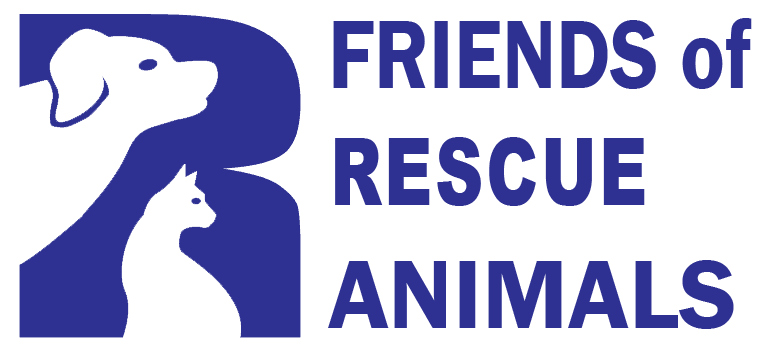Hopefully you were prepared for your new pet before you brought him home.
Did you remember a good quality food, bowls for water and food, a leash, collar, bedding and a crate?
(More on crate training later)
The first day home consider keep your new dog on a leash with a regular “buckle” collar.
He will be easier to catch, to stop bad behavior and keep him close when on a leash.
Show him where his water and food dish will always be kept.
Show him where he is to sleep.
With proper training, a crate will become his “Safe Place” to sleep and for the much-needed “Time Outs”, when you can’t watch what he is getting into or when you need to leave him alone for short periods.
When your new pet is indoors, be sure and keep him confined with you, and be sure to take him outdoors at frequent intervals to relieve himself. Take your pet to the same spot each time and praise him heartily when he goes. Until he learns this new routine he will have to be watched closely.
Don’t leave tempting shoes, clothing, or children’s toys within reach of your dog. Dogs will chew on everything until they are taught the rules. You will need to have a lot of patience the first few weeks and constantly anticipate problems before they occur. Be sure to provide chew toys for your new dog, which are appropriate for his size, age, and bite strength.
The #1 chewing question I hear is “How do I stop my dog from chewing up my shoes?”.
Simple answer: Pick up your shoes and put them in a closed closet!
Just like a young child, dogs just don’t know what they are allowed to do and more importantly what they should not do, until we train them.
When you see them chewing on something they shouldn’t, Tell them “NO” then remove the item and replace it with their own approved Chew Toy.
The Verbal “NO” in a firm disapproving tone is normally the most efficient correction available to you!
Then remember praising with a Happy Sounding “Good Dog” when he shows any approved behaviors, or stops the offending behavior.
Your dog will be quickly associate the Happy Sounding Praise with a “Good Behavior” and he will want to offer that behavior for more of your praise and attention.

Recent Comments